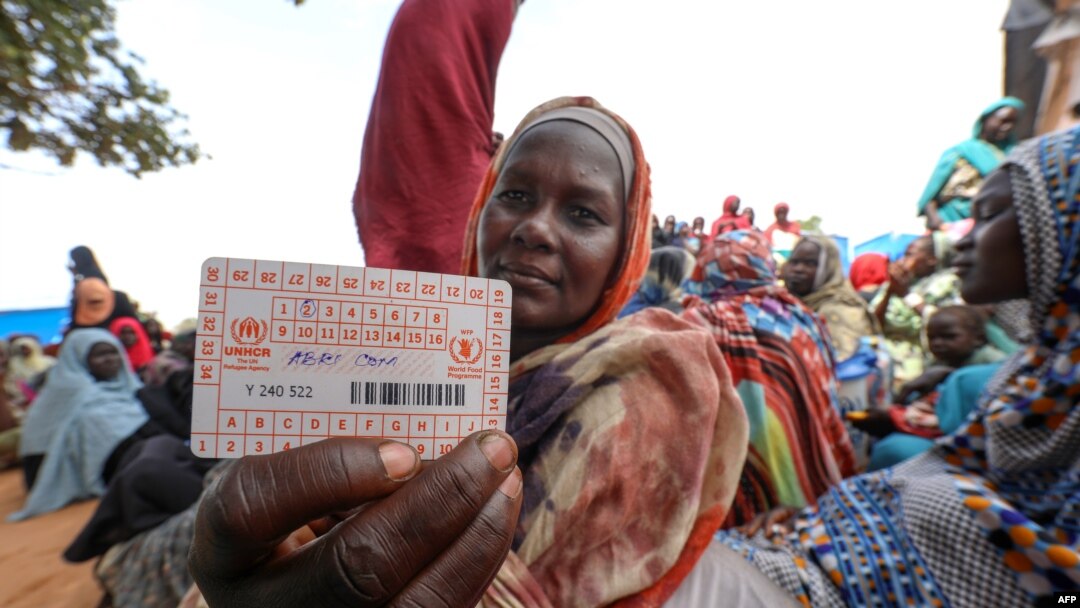"The war in Sudan is fueling a humanitarian emergency of epic proportions," Martin Griffiths, under-secretary-general for humanitarian affairs and emergency relief coordinator at the United Nations, said Friday.
"This viral conflict — and the hunger, disease and displacement left in its wake — now threatens to consume the entire country," Griffiths added in a statement.
Paramilitaries launched a renewed attack on a key armored corps base in the capital's south, witnesses said, which the army and the Rapid Support Forces have been battling to control since Sunday.
The war between army chief Abdel Fattah al-Burhan and his former deputy Mohamed Hamdan Daglo, who commands the paramilitary RSF, has raged since April 15.
It has spread from Khartoum and the western region of Darfur to Kordofan and Jazira state, killing thousands and forcing millions to flee their homes.
Conservative estimates from the Armed Conflict Location & Event Data project say nearly 5,000 people have been killed.
But the battles have prevented the recovery of the bodies of many others thought to have died.
U.N. figures indicate that more than 4.6 million people have been forced to flee their homes due to the fighting.
'Places have run out of food'
Humanitarian aid groups have long been active in Sudan, where for years millions of Sudanese have relied on food and other assistance.
As the war has dragged on with no let-up in sight, more than half the country needs humanitarian aid, according to the U.N.
Experts have warned that more than six million people in Sudan were on the brink of famine, with Griffith reiterating Friday that the country was more fragile than ever.

FILE - Women who fled the war in Sudan await the distribution of international aid rations at the Ourang refugee camp, near Adre town in eastern Chad on August 15, 2023.
Griffiths' spokesperson Jens Laerke told reporters in Geneva on Friday that the U.N. faces two major problems concerning Sudan: a lack of funds and difficult access to the beleaguered population due to security issues.
"From the capital Khartoum and Darfur, the war has gone viral and is now spreading to Kordofan. In South Kordofan’s capital, Kadugli, food stocks have been fully depleted, and clashes and road blockages prevent aid workers from reaching the hungry,” Laerke said.
Laerke also warned that hundreds of thousands of malnourished children could die if they do not receive treatment.
Diseases such as measles, malaria, dengue fever, and acute watery diarrhea are spreading, Laerke added.
"The longer the fighting continues, the more devastating its impact. Some places have already run out of food," Griffiths said. "Hundreds of thousands of children are severely malnourished and at imminent risk of death if left untreated."
Bureaucratic obstacles also stand in the way of attempts to channel aid to Sudan, which has reduced the number of entry visas to UN and other aid workers, he said.
As a result, containers of aid are stuck in Port Sudan, which has been spared the fighting but is difficult to reach from Khartoum and Darfur.
Some information in this report came from Reuters.


